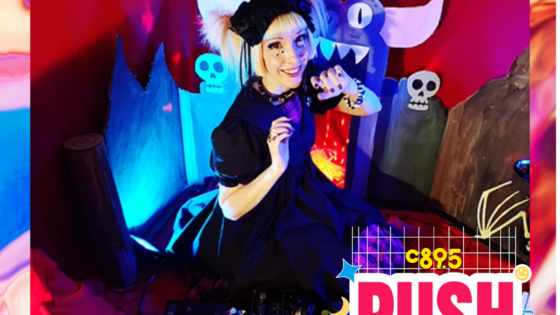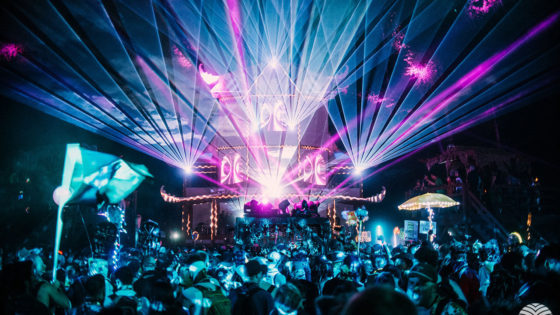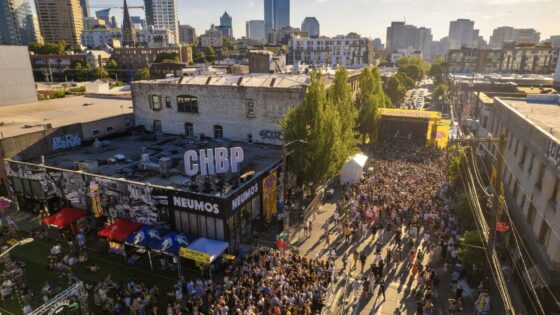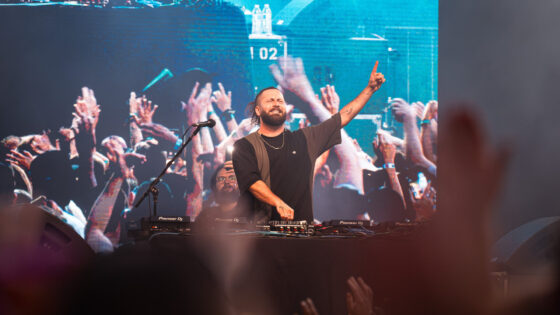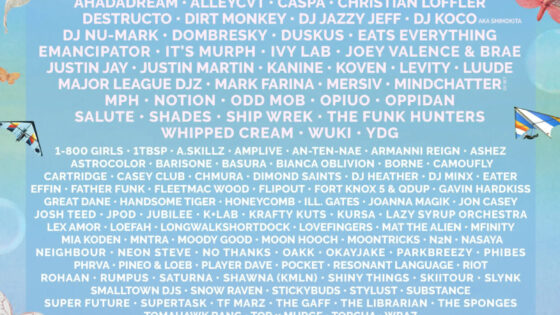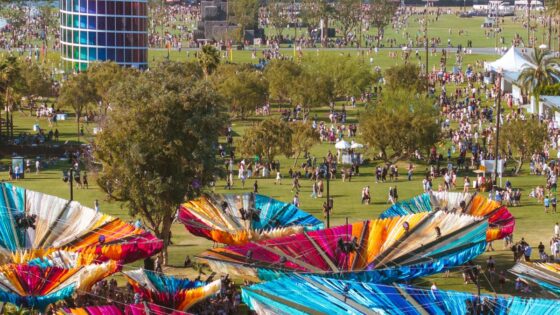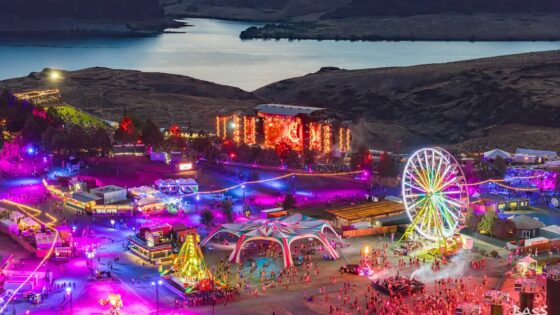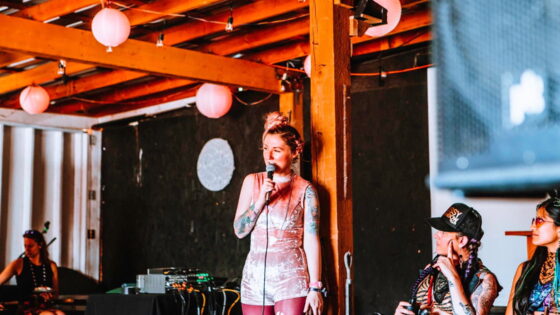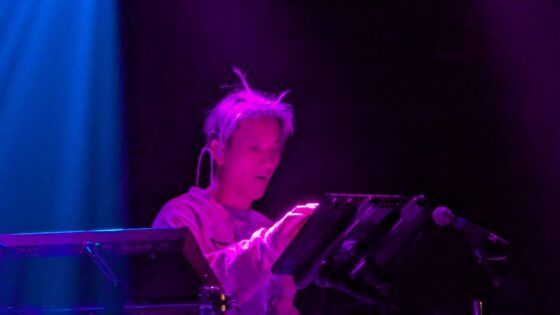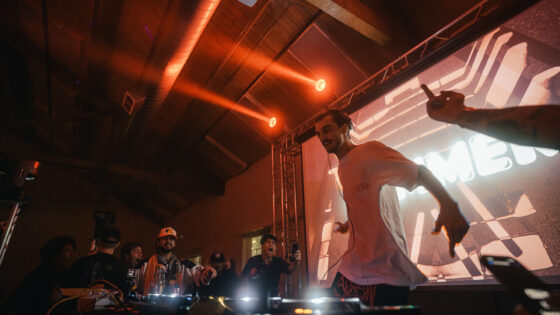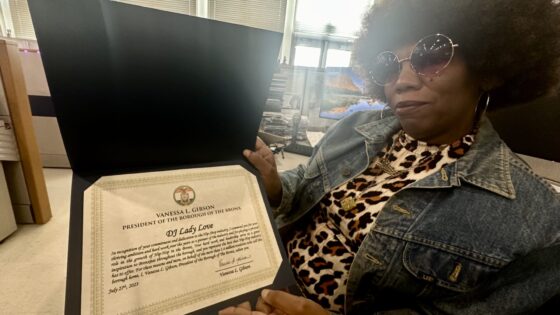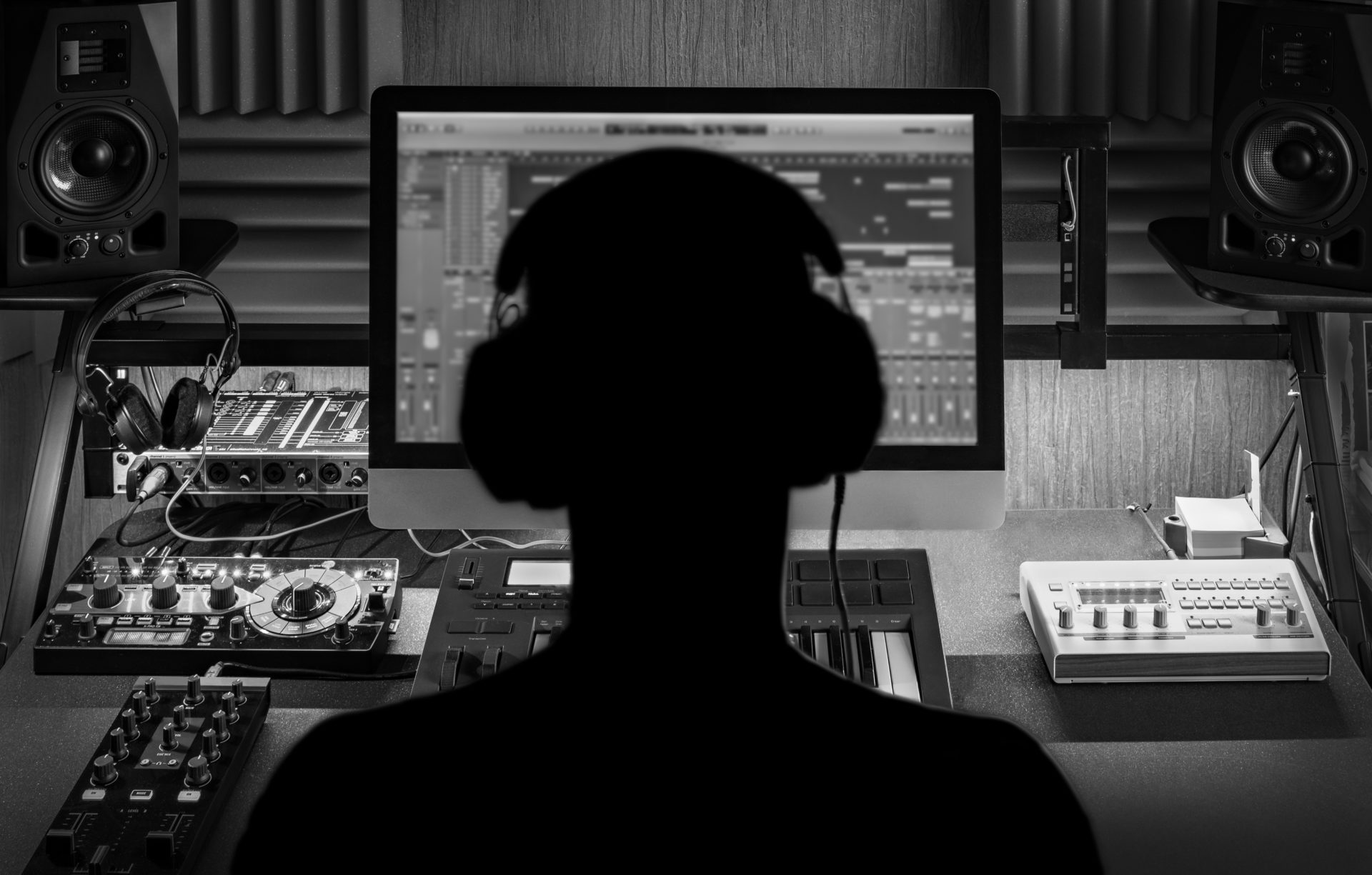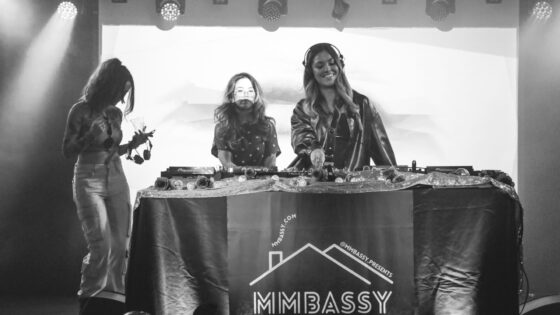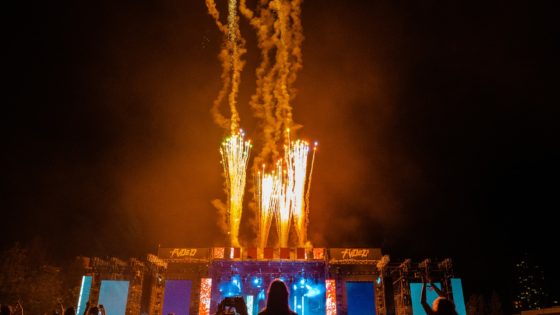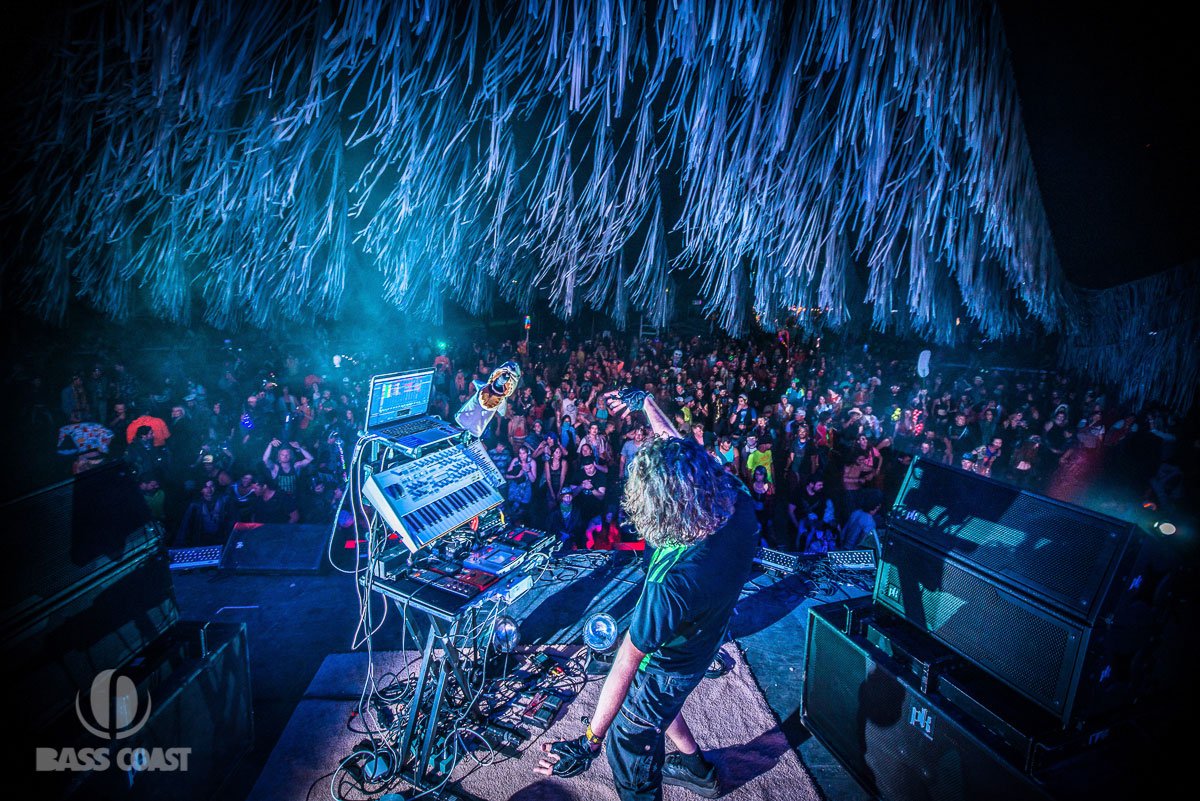Artificial intelligence and machine learning have made a major impact on digital media since becoming available to the general public. AI applications like Chat GPT and Deep AI can take any given prompt and answer in any given format you choose. Adobe Photoshop has released a generative program that can create entire scenes and objects around existing photos.
This has already been used for things like computer coding, data collection, photo editing, and more. Companies like Snapchat and Google have already implemented AI tech into their platforms. Now, people are finding that artificial intelligence could be used in other applications: creating art, composing lyrics, and even producing music.
AI: a fast-growing debate which isn’t going anywhere
Although there’s been an immediate polarizing debate about the rise of AI in music, the bottom line is that there’s no stopping it. Adam Lynch, Co-Founder of Breakaway Music Festival, agrees, “I feel like the labels and the artists themselves are all kind of scrambling, figuring out how to combat this thing. I don’t think it’s going anywhere.”
With abundant concerns about the use of AI in music and more broadly across all art forms, it feels like there are no camps advocating for its use. However, AI does have the potential to help smaller artists foster fan bases and get their music careers off the ground, although it is a precarious line to walk. Says Lynch:
The rise of AI in music opens up new opportunities for collaboration and experimentation; however, it also threatens to make the industry more formulaic than ever before. How can we strike a balance between innovation and authenticity? Even before AI, it’s just become easier and easier to produce music and build a social account or build a following like, it used to be the small pool of artists.
Experimenting with music production and AI
Recently, an anonymous account on Soundcloud named ghostwriter977 released a song titled Heart on My Sleeve. The song featured the artificially generated voices of pop superstars Drake and The Weeknd. Within days of the song’s release, it had upwards of half a million plays. News outlets like TMZ and Daily Mail were buzzing about this as an example of the potential of AI to use artists’ voices and styles without permission or knowledge.
View this post on Instagram
The song and the account were quickly deleted thereafter, most likely due to threats of legal action. Although the song gained plenty of renown and infamy, the creator will never have the chance to capitalize on that fame due to the blatant theft of artists’ likenesses.
Legal implications around the use of AI and music are bound to be an ever-unfolding conversation unlike anything previously witnessed. Particularly due to the propensity of social media and the internet at large to exponentially re-publish content, copyright protection law will have to sprint in order to stay relevant as AI capabilities race forward in sophistication.
Preserving a reputation of talent while using AI to create new music
There is a clear legality concern around blatant theft of an artist’s voice likeness. But the electronic music genre has long faced criticisms of “button-pushing” and profiting from remixes of other artist’s songs. Although the AI and music debate is in its infancy, the larger debate around fair use is decades, if not centuries, old. EDM in particular has been at the forefront of technological advances simply due to the instrumentation and production used in the genre.
Earlier this year, dubstep producer Cyclops coded and trained a program to write a full dubstep song. Over the course of eight months, he gave the program songs to analyze. It extracted each song’s information including its key, phrasing, and the sounds themselves in order to learn what to create. The resulting song titled Egg Song quickly gained popularity and has since set the bar for what is possible when it comes to EDM written purely by AI.
Cyclops is also a very talented producer who makes his own music from scratch without any assistance. This balance of genuine talent and the use of technical assistance has brought him recognition for his talent without the stigma or negative connotations of a “lazy” electronic music producer who used AI.
Using technology to an artist’s advantage to push music forward
Lynch also emphasized that AI does have the capability to make music that was once impossible.
“As we marvel at the [AI] technology, we need to remember that true creativity requires risk-taking and vulnerability. With this in mind, AI can give musicians the tools they need to analyze their audience, craft a unique sound, and connect with fans on a deeper level. The future of AI should be used to bring artists closer to their fans,” says Lynch.
For electronic artists, one of the key components of their music is DJ’ing, as it is the primary way to present their music to a live audience. This is something that has yet to be touched by the hand of automation and machine learning, and it is unlikely to happen.
Lynch agrees, “If machines can start doing your job better than you can, then you know, there’s a lot to sort of be nervous about.”
The pure physicality and human element of DJ’ing cannot be replaced by a machine. If it was, it is very unlikely to be accepted by the music community. Even if the sounds and songs being played are made by a computer, it will always be a real person playing and mixing them at a concert or festival.
AI in music is a thorny debate, but true artists will continue to present their skills
It’s reasonable to say AI can be a useful tool to help electronic music artists expand their creative horizons and create new avenues to interact with their communities. However, AI is not by any means a crutch that can be used to replace knowledge of the creative process and hard work through years of trial and error.
It is becoming easier with time for someone with no knowledge or experience to prompt an AI to create a “Drake-type beat” or an “Excision drop.” But that said, developing well-honed skills and being able to present these songs effectively is what makes a truly good artist.
Important things happen in Pacific Northwest nightlife, and DMNW will send you alerts!





